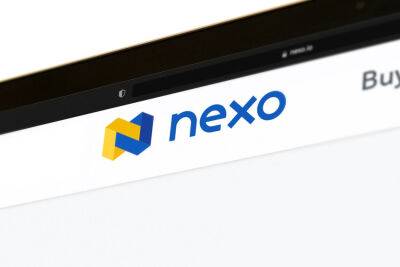Web3 Wallets Realize the Frontier Exploration of On-chain Addresses
Disclaimer: The text below is an advertorial article that was not written by Cryptonews.com journalists.
An Ethereum address is a complex 42-bit string starting with 0x. As the most basic part of the crypto infrastructure, addresses are the carriers of users’ assets, rights, and on-chain interactions. We often see people name their Twitter starting with 0x to indicate their identity as a blockchain player, which demonstrates the importance and representativeness of addresses to users on the chain.
As the necessity for users to step into the on-chain world, there are more than 200 million unique addresses on the Ethereum chain alone. Over the past year, there have been an average of about 500,000 active addresses interacting on-chain every day.
Users often use mainstream wallet products such as Metamask to manage addresses. However, the increasing Web3 protocols have opened rich usage scenarios for users, and also stimulated many users' demands yet to be met, such as address co-management, private key recovery, address privacy and so on. On-chain developers are also actively proposing various innovative solutions based on these demands.
In this article, people will learn about the ambitions of infrastructure developers to improve the security and usability of address management through the examples of Gnosis Safe and Argent Wallet. By looking into Blank Wallet, a project focusing on private transactions, and A3S Protocol, a pioneer in "transferable addresses", having a glimpse of how the "careerists" bring revolutionary changes to this entrance-level field of the Web3 world.
Gnosis Safe represents the multi-signature wallet solution in the context of implementing secure co-management of addresses. The multi-signature function
Read more on cryptonews.com


 cryptonews.com
cryptonews.com




















